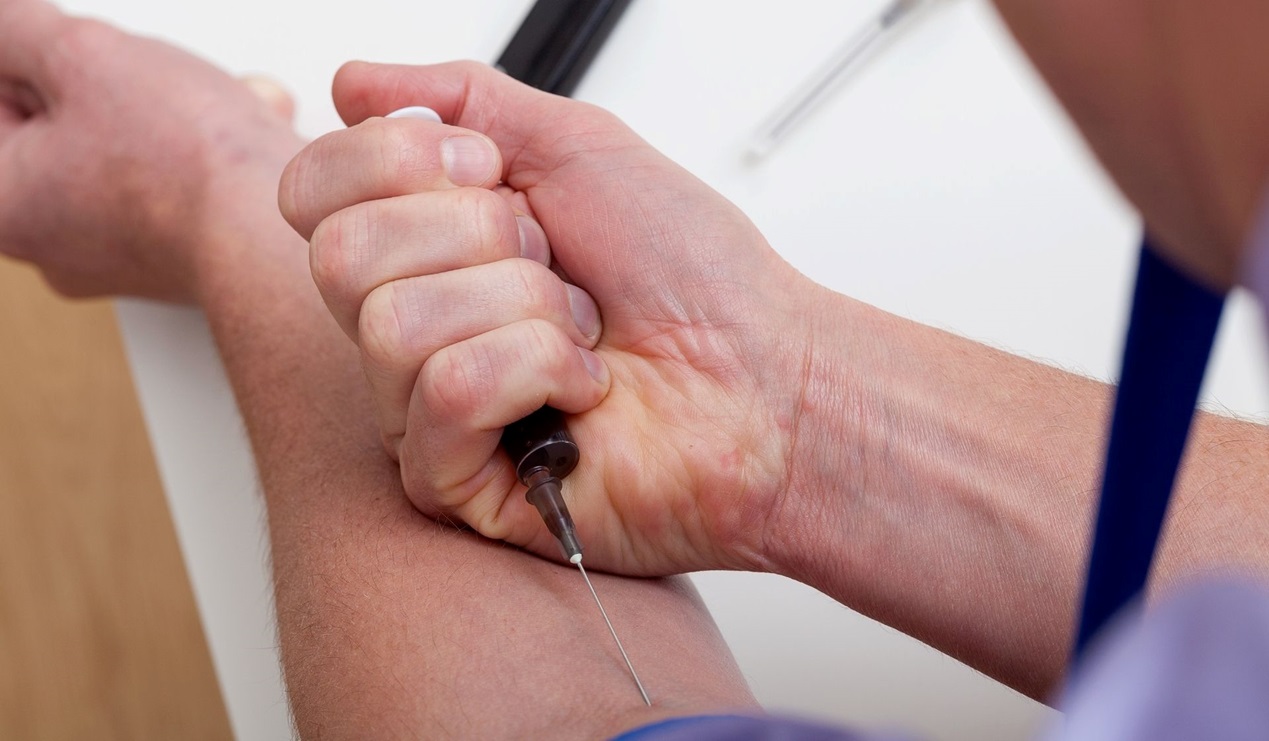Morphine is a very potent substance that can lead to addiction. Morphine addiction is difficult to spot, but this article will help you spot some signs and symptoms of morphine addiction that you should look for it.
What is morphine addiction?
Morphine is an opiate analgesic drug that is most commonly associated with providing pain relief to treat moderate to severe pain. Morphine is also known for its euphoric effects when used in large quantities, which can lead to morphine addiction.
What are morphine signs and symptoms?
Common signs of morphinism or morphine addiction include the following:
1. Physical signs of morphine addiction
* Constricted pupils that are very much unlike someone who is just tired or has a lot of trouble seeing in dim light.
* Very slow, shallow breathing, which will cause them to take much longer between breaths than what is normal. Some may even appear to be gasping for breath.
* Extremely dry mouth, which can cause them to lick their lips very often even if there is nothing there to be removed.
* Constipation or the loss of bowel control, which results in accidents or neglecting to go at all until it’s too late and they begin to experience severe pain because of the buildup of stool.
* Dry, flaking skin, which can lead to red marks when diapers are put on an infant or bed sores in the elderly if the person is bedridden.
* Nodding off or loss of consciousness for short periods because they cannot hold their breath long enough to remain fully awake.
2. Emotional & behavioral signs of morphine addiction
* Very little interest in things that they normally enjoyed doing.
* Strong evidence of withdrawal symptoms when they try to stop taking Morphine or cut back on how much they use. These can include anxiety, vomiting, shakiness and tremors, muscle spasms and cramping, irritability, insomnia, and loss of appetite.
* Inability to stop using Morphine even if they want to, which can lead to stealing it from family members or friends when they know that there is a limited supply.
* When they are conscious, and in a clear state of mind, most will find themselves obsessing over the drug in some manner. This may include thinking about how nice it would be to take more, how they want to stop but somehow find themselves taking it again, or what the next time they will get their hands on some is.
* They may also begin to avoid people that they used to love being within favor of isolation to protect their secret. Others will do the opposite and become extremely clingy because they cannot stand to be away from the drug for even one second.
Treatments:
1. Suboxone
Suboxone is a medication that doctors prescribe most often to help an individual suffering from morphinism recover. It can be given either as a pill, strip, or dissolvable film under the tongue. This drug attaches itself to the same receptors in the brain that Morphine does, but it does so without producing any of its euphoric effects.
2. Naltrexone
This drug also attaches itself to the same receptors in the brain that Morphine does, but it blocks them instead. Therefore, the euphoric effects of taking Morphine will be blocked if naltrexone is taken before or after taking Morphine.
3. Medical detoxification
During this process, an individual will take medications that are specifically designed to reduce any discomfort that arises from the flu-like symptoms and anxiety. These medications can be either natural or prescription and will help to reduce any discomfort and make it easier for them to stop taking Morphine.
4. Drug rehabilitation
The main goal of this process is to help an individual overcome their addiction to Morphine. During the early stages, they will be surrounded by nurses and physicians that will provide them with the care that they need until their system has been cleared of all traces of Morphine. Once this point has been reached, they can begin the rehabilitation process, which includes teaching coping skills and methods of avoiding taking Morphine at all.
This is a general overview of treatment options for those who feel that they may be struggling with morphinism. Suppose you or someone you know thinks that this may apply to your situation. In that case, it is important to seek out help as soon as possible to avoid serious health complications like finding a Drug Rehab in Miami providing a variety of services.
Conclusion
Morphine addiction and morphine use can be incredibly dangerous and addictive, leaving a person with very little of their own free will in terms of whether or not they continue using it—many many wonders How common is morphine addiction after reading this article. The reality is that Morphine has been around for a long time, and therefore taking the right precautions in a market of drugs so well established now and easily accessible is even more crucial.

